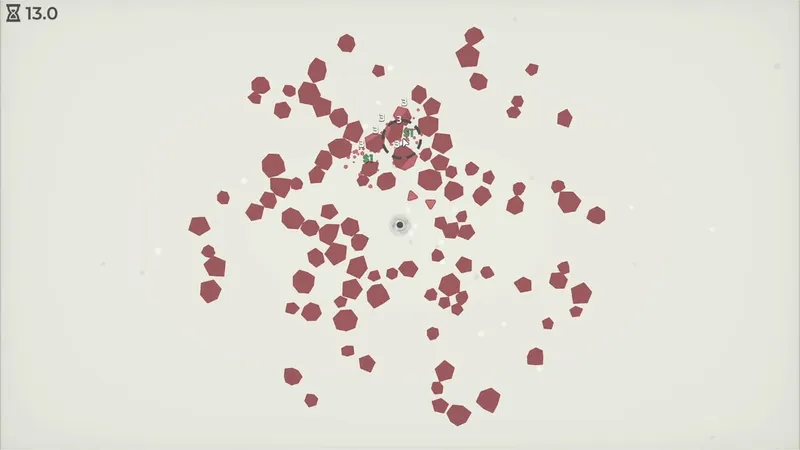Reviews
Edmund McMillen and Tyler Glaiel’s long-awaited tactics roguelite is here and it may very well prove to be their best work. It looks like a silly little cat game - and it is - but underneath is a staggeringly deep mix of Final Fantasy Tactics-style combat, roguelite progression, cat breeding genetics, life sim management and draft-based build crafting that just keeps opening up the further you go. Every run surfaces new synergies, new absurdity, new reasons to keep breeding nightmare cats. Wildly impressive, insanely moreish. It really feels like the culmination of what a couple of gamedesign nutters have been building towards.
Team Ninja’s return to the franchise is a confident evolution. The dual Samurai and Ninja style system adds real depth to an already unbelievably satisfying combat engine, and the ‘open field’ structure works far better IMO. It is, by a wide margin, the easiest Nioh - which is a little disappointing - but the trade-off is a different kind of fun: less punishing, more expressive, and very hard to put down.
An incremental game about growing berries and feeding them to a hole… and it’s far more compelling than that sounds. The loop is absurdly addictive, the presentation has just enough creep to keep you curious, and the whole thing is over in about 10 hours before it outstays its welcome. Great little game.
Winnie’s Hole is a grotesque, inventive roguelite where you infect dear old Winnie from the inside out - literally. Part deckbuilder, part tetromino puzzler, it’s mechanically sharp and thematically cursed. It may have been a joke premise, but the systems have real teeth. Fantastic.
An ambitious gacha mixing real-time combat, Satisfactory-like base-building, and a grab-bag of other systems and minigames. The factory sim and automation are what you’d expect (if simplified), the presentation genuinely impressive, but tutorial bloat and predatory pulls may test your patience… and your wallet.
Cairn is a brutal, meditative climb up a mountain that is utterly indifferent to your suffering. Every hold is deliberate, every resource hard-won. Quiet, lonely, and sometimes euphoric - a true strand-type game: walk slow, suffer deeply, and search for meaning in the silence.
Shape of Dreams is a roguelite with MOBA-style combat, sharp progression, and dense buildcrafting. Characters shift drastically depending on your upgrades, and runs snowballs fast. It’s chaotic, stylish, and full of smart mechanical ideas.
Q-UP pretends to be a sweaty 4v4 ranked esport, but it’s really a pseudo-multiplayer incremental dressed in a sponsored competitive jersey. You build elaborate skill engines, then watch the coin flip and the satire unfold. The joke works, and so does the game. Brilliant.
A stylish, fast-paced incremental with satisfying feedback and great polish. Its upgrade tree is mostly linear and not all modes feel essential, but the main loop delivers short bursts of dopamine-maxing destruction. Not for deep strategists, but ideal if you want to switch off and watch numbers-go-up for a short while.
A compelling Papers, Please-style loop with a zombie twist. Mechanics ramp up fast, with layered tools and decisions, though some feel like a loose fit. It’s clever, tense and at times funny, but its pace and style won’t be for everyone.










